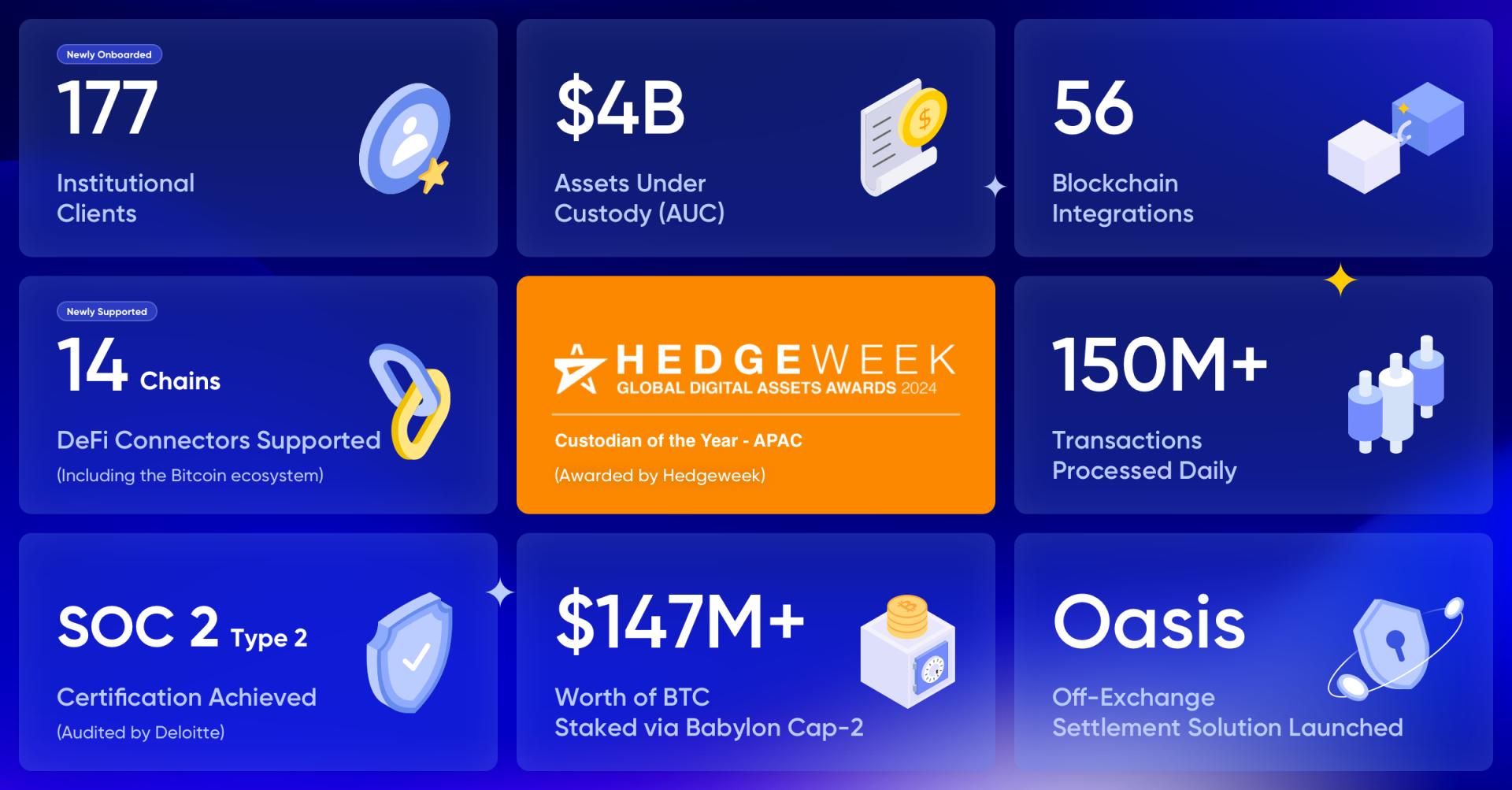
The post How AI-Powered Crypto Scams Are Changing the Blockchain Security Landscape appeared first on Coinpedia Fintech News
The first documented AI poisoning attack on the cryptocurrency market has appeared: a Solana wallet has been poisoned, and the approximate loss is $ 2,500 USD. The incident shows that an artificial intelligence tool such as ChatGPT provides helpful inputs for Web3 development tasks, and may promote the usage of compromised assets.
The incident: Solana wallet exploit
On the 21st of November, 2024, a user tried to launch a meme token sniping bot specifically for the Solana-based platform Pump. fun with the help of ChatGPT. However, the AI chatbot provided a fake link containing an API for Solana services. It was initially developed by the API authors to siphon SOL, USDC, and multiple meme coins; the backdoor plain-texted the wallet’s private keys abroad before pilfering the funds inside.
The attack was able to transfer the stolen assets directly to a wallet related to the fraud that has otherwise been said to have executed 281 more such transactions from other compromised wallets. The malicious API is believed to have stemmed from GitHub repositories, scammers have intentionally planted trojans in Python files targeting the naivety of the developers.
Understanding AI poisoning
AI poisoning refers to the act of feeding AI models bad data into the training process of AI models. In this case, it seems that malicious repositories distorted ChatGPT’s outputs which are intended for secure APIs. Although there was no direct report of integration done deliberately by OpenAI, the event under discussion reveals the dangers that AI systems have and can present in highly specialized fields such as blockchain.
Security insiders such as SlowMist founder Yu Xian have described this as a wake-up call to developers. Xian pointed out that the increased AI training data is now threatened by contamination, with scammers leveraging popular applications such as ChatGPT to scale their operations.
Protective measures for developers and users
To prevent similar incidents, developers and crypto users are advised to:
- Verify All Code and APIs: Do not rely only on the AI-generated outputs and perform audits in the same way.
- Segregate Wallets: The same wallets should be used for testing, while the substantial assets won’t have to be linked to the experimental bots or unverified tools.
- Monitor blockchain activity: Hire reliable firms dealing with blockchain security as SlowMist to track the latest threats.
- Also Read :
- Upbit Refunds $6.07 Million to 380 Crypto Scam Victims
- ,
Conclusion
This first documented case of AI poisoning in the crypto space indicates the necessity of more attention to be paid. Although the use of artificial intelligence brings about great possibilities, using the recommendations generated purely via AI bears huge new risks for users. With the existing development of the blockchain field, it will require increased vigilance to guard developers and investors against these complex frauds.

 1 month ago
23
1 month ago
23








 English (US) ·
English (US) ·